5 ASVAB Job Scores
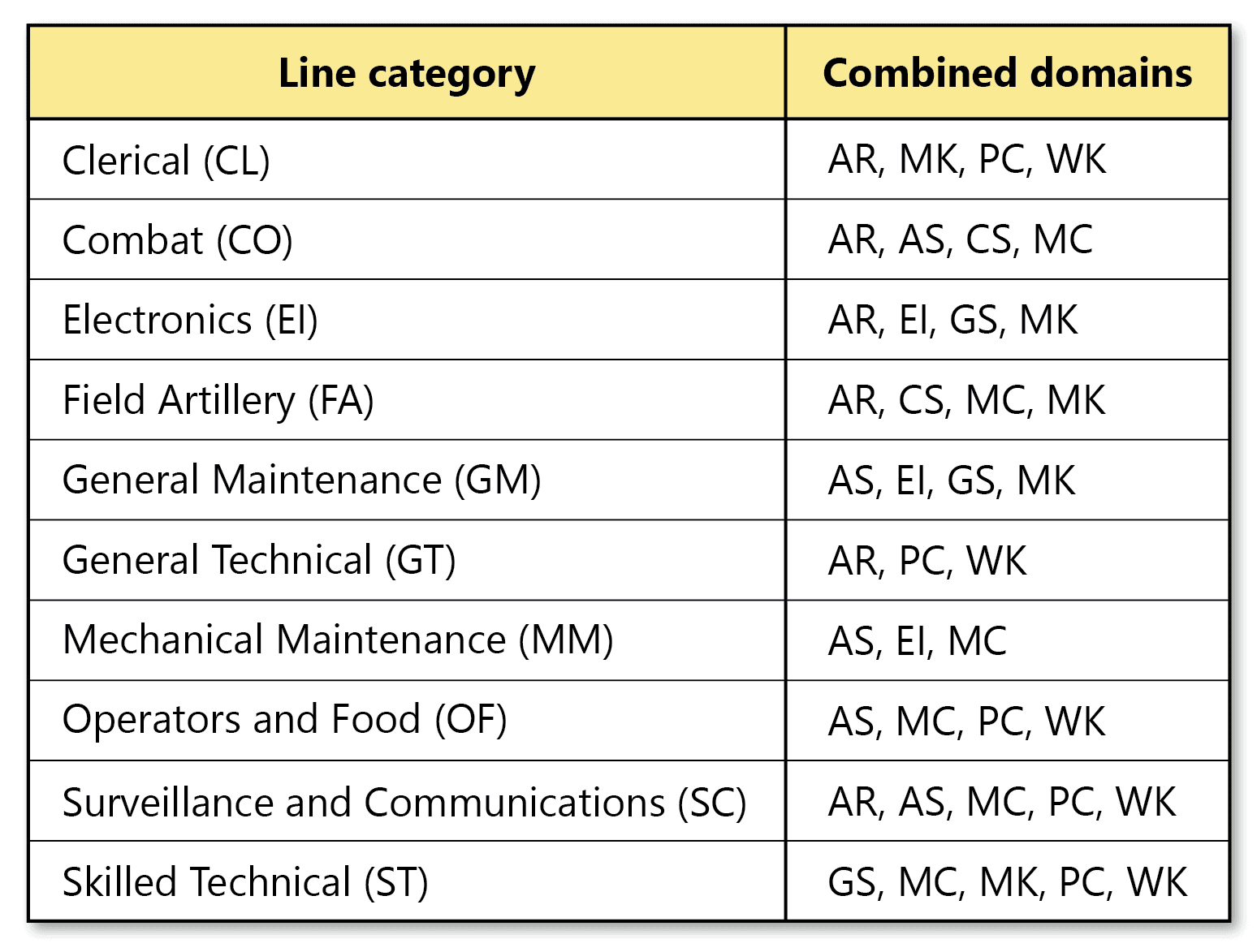
Understanding the ASVAB Test and Its Job Scores

The Armed Services Vocational Aptitude Battery (ASVAB) is a multiple-choice test administered by the United States Military Entrance Processing Command. It is used to determine a person’s qualification for enlistment in the military. The test is divided into nine individual tests, covering subjects from general science to electronics information. The results of these tests are then compiled into various composite scores, known as line scores or job scores, which are used to determine an individual’s qualification for specific military jobs or Military Occupational Specialties (MOS).
How ASVAB Job Scores Are Calculated
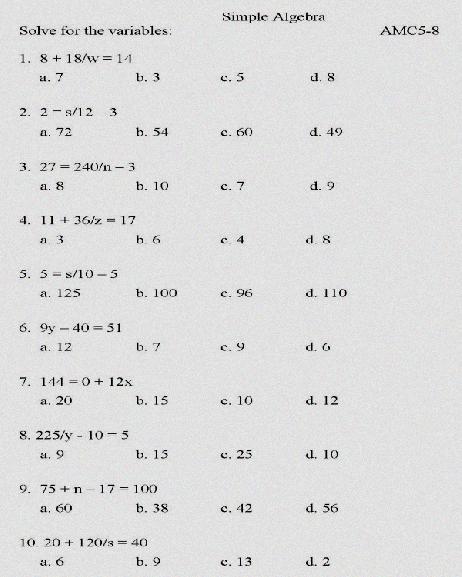
Each branch of the military uses the ASVAB scores differently, but generally, the scores from the individual tests are combined in various ways to produce the composite scores. For example, the Army uses a system of ten line scores, including areas such as Clerical (CL), Combat (CO), Electronics (EL), Field Artillery (FA), General Maintenance (GM), General Technical (GT), Mechanical Maintenance (MM), Operators and Food (OF), Surveillance and Communications (SC), and Skilled Technical (ST). The combination and weighting of test scores to form these composites can vary significantly between the different branches of the military.
Top 5 ASVAB Job Scores and Their Requirements

Here are five significant ASVAB job scores, their typical requirements, and the types of jobs they might qualify an individual for:
- General Technical (GT) Score: This score is crucial for many administrative and technical jobs. A high GT score can qualify individuals for roles such as administrative specialists, intelligence analysts, and certain types of communications specialists. Requirements often include high scores in the Word Knowledge, Paragraph Comprehension, and Arithmetic Reasoning tests.
- Mechanical Maintenance (MM) Score: The MM score is vital for jobs involving mechanical and automotive maintenance. It qualifies individuals for roles like vehicle mechanics, aircraft mechanics, and small arms repairers. High scores in Auto Information, Shop Information, and Mechanical Comprehension are typically required.
- Electronics (EL) Score: The EL score is used for jobs related to electronics and electrical systems. It can qualify individuals for positions such as electronic equipment repairers, communications equipment operators, and radar operators. High scores in General Science, Arithmetic Reasoning, Mathematics Knowledge, and Electronics Information are necessary.
- Clerical (CL) Score: The CL score is used for administrative and clerical positions. Jobs that require a high CL score include personnel administrators, supply specialists, and finance specialists. The test areas that contribute to this score include Word Knowledge, Paragraph Comprehension, Arithmetic Reasoning, and Mathematics Knowledge.
- Combat (CO) Score: The CO score is used for infantry and combat-related jobs. It qualifies individuals for roles such as infantrymen, cavalry scouts, and special forces. High scores in Arithmetic Reasoning, Auto & Shop Information, and Mechanical Comprehension are required, reflecting the physical and mechanical aspects of these jobs.
Preparation and Importance of ASVAB Scores
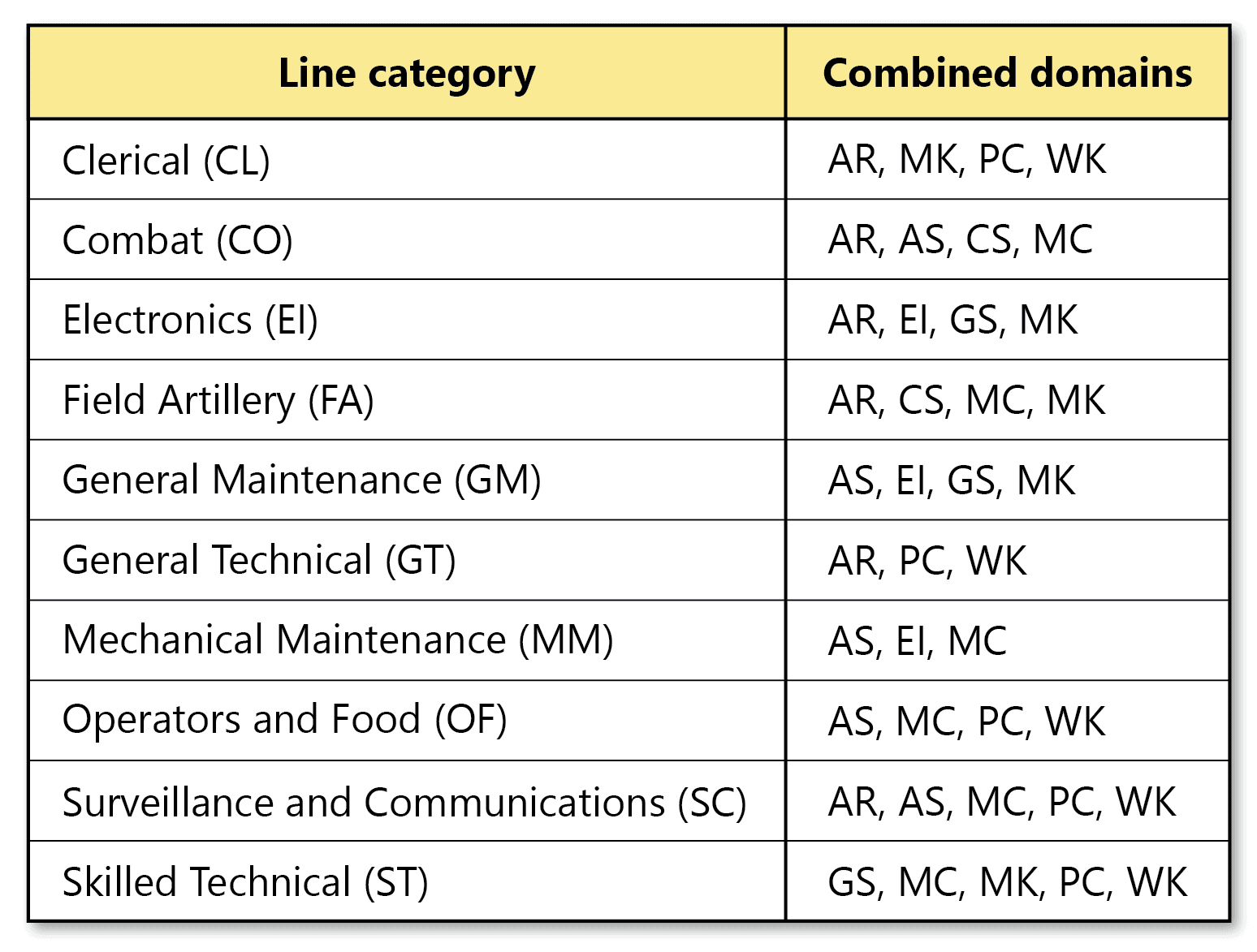
Preparation for the ASVAB test is crucial as the scores can significantly impact an individual’s career options within the military. Understanding the composite scores and the types of jobs they qualify one for can help in making informed decisions about military service. Individuals can prepare by studying the material covered in each of the nine tests, practicing with sample questions, and focusing on improving their weaknesses.
📝 Note: The specific combination of scores and the qualifying standards for jobs can vary between branches of the military, so it's essential to consult with a military recruiter for the most accurate and up-to-date information.
Impact of ASVAB Scores on Military Careers

ASVAB scores play a significant role in determining the career path of individuals in the military. They not only affect the initial job assignment but can also influence opportunities for advancement and specialized training. High scores can open up more job opportunities and may provide a competitive edge when applying for certain positions or promotions. On the other hand, lower scores may limit job options, although there are often opportunities to retake the ASVAB to improve scores.
| Job Score | Typical Jobs | Required Tests |
|---|---|---|
| General Technical (GT) | Administrative Specialists, Intelligence Analysts | Word Knowledge, Paragraph Comprehension, Arithmetic Reasoning |
| Mechanical Maintenance (MM) | Vehicle Mechanics, Aircraft Mechanics | Auto Information, Shop Information, Mechanical Comprehension |
| Electronics (EL) | Electronic Equipment Repairers, Communications Equipment Operators | General Science, Arithmetic Reasoning, Mathematics Knowledge, Electronics Information |
| Clerical (CL) | Personnel Administrators, Supply Specialists | Word Knowledge, Paragraph Comprehension, Arithmetic Reasoning, Mathematics Knowledge |
| Combat (CO) | Infantrymen, Cavalry Scouts | Arithmetic Reasoning, Auto & Shop Information, Mechanical Comprehension |

In essence, understanding and preparing for the ASVAB test is a critical step for anyone considering a career in the military. By focusing on improving ASVAB scores, individuals can increase their chances of qualifying for their desired job and set themselves up for success in their military careers.
The journey to a fulfilling military career begins with a thorough understanding of the ASVAB and its role in determining job placement. By recognizing the importance of ASVAB scores and preparing effectively, individuals can navigate the process with confidence and make informed decisions about their military service. The impact of ASVAB scores extends beyond the initial job assignment, influencing future opportunities for advancement and specialized training. Therefore, it is crucial to approach the ASVAB with a strategic mindset, leveraging study materials and practice tests to achieve the highest possible scores.
What is the purpose of the ASVAB test?
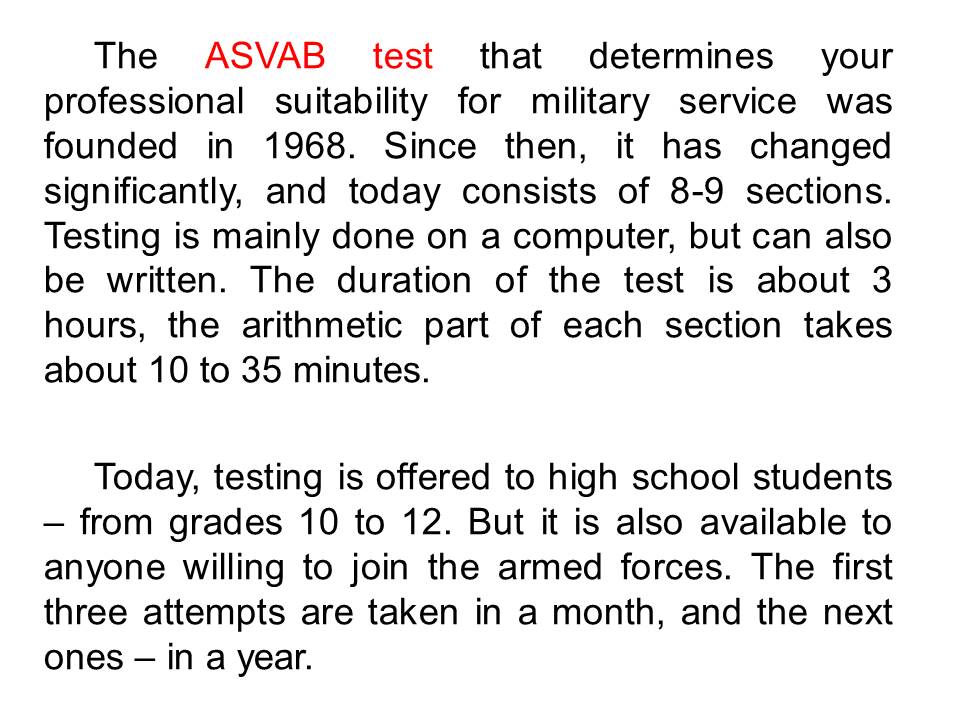
+
The ASVAB test is used to determine a person’s qualification for enlistment in the military and to identify the jobs they are best suited for based on their skills and knowledge.
How many times can I take the ASVAB test?

+
You can retake the ASVAB test after a certain period, typically 30 days, if you’re not satisfied with your initial scores. However, there are limits on how many times you can retake it within a year.
What are the key factors to focus on when preparing for the ASVAB?
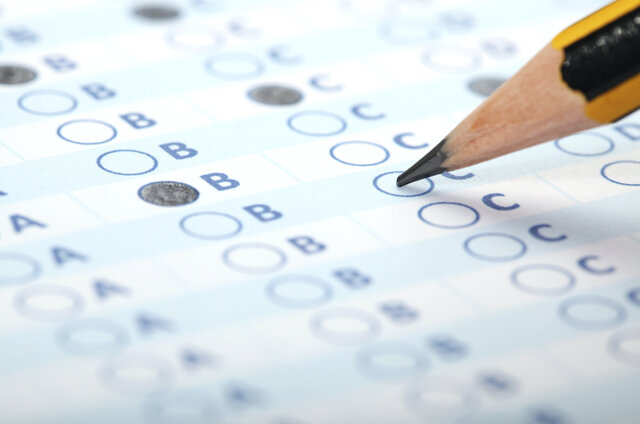
+
Understanding the format of the test, focusing on your weaknesses, practicing with sample questions, and managing your time effectively during the test are crucial factors in preparing for the ASVAB.



